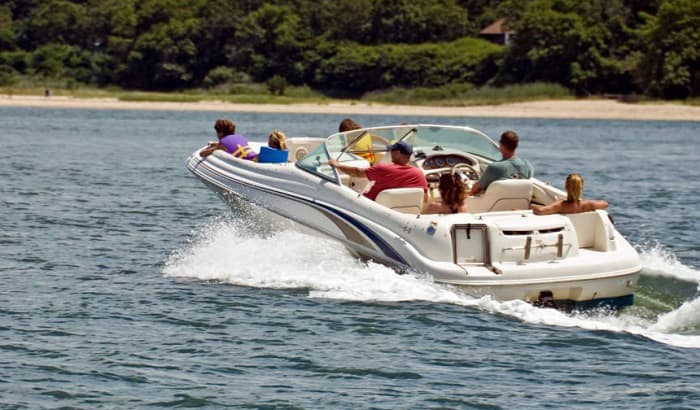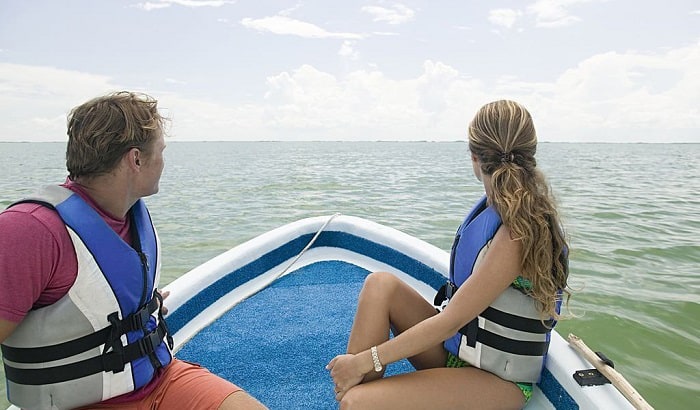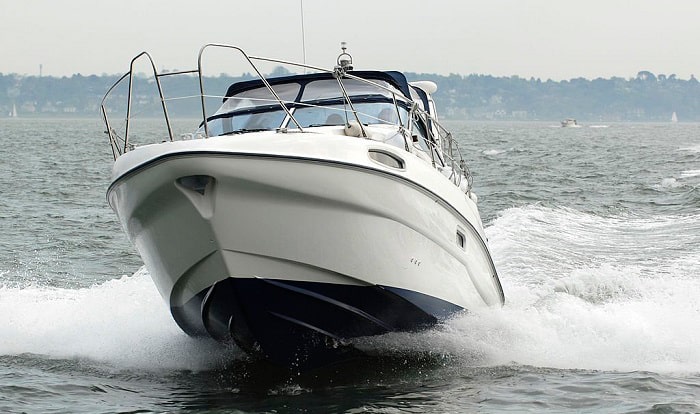What should you do before letting someone else operate your boat? First and foremost, you should be sure that they know basic maritime navigation and safety guidelines and are capable of handling specific vessels at present. They shouldn’t be influenced by anything (i.e. alcohol and drugs which may impair their sailing skills).
To anticipate accident-real costs and gain peace of mind, I suggest you agree only if they’re willing to get insurance for accidental injury and the total loss of your vessel. You may even get into a lease agreement with them for a certain amount.
Table of Contents
What Should You Require From Others Who Operate Your Boat?
Letting someone else operate your PWC is like letting that person use your car. They actually have to earn that privilege since operating a boat also requires technical skill.
That being said, I wouldn’t be too keen on lending my vessel to an individual, regardless of whether they’re close friends or family unless they meet these requirements:
- They should have at least passed a Marine Safety course. Think of this as their driver’s license. This way, I would have peace of mind that they know what to do during a maritime emergency, have weather awareness, and be able to save themselves and my boat.
- He or she should also have at least 150 hours of seamanship with me in the specific vessel that he or she means to borrow. This is the only way for me to make sure that that person knows my boat in and out and to know whether I can trust him or her with it.
Better if they’re someone who I’ve been able to train myself over the years.
- He or she should be willing and show initiative in cleaning and maintaining the boat, especially if they’re going to be using it for a long time.
- I uphold a no drinking policy to anyone who boards my boat – all the more so if they’re going to be sailing it.
- I enforce the usual guidelines of what should divers do for their own safety boat, like forbidding overloading my boat with people and equipment and making sure that they’re using the safest equipment for their water activities.
The Best Decision Is to Not Lend It at All
As much as possible, you should refrain from having others sail your vessel unless the circumstances call for it. There have been many instances of generous, well-meaning boat owners who lost their precious vessels (and even their friends and families) because of accidents.
Again, that highlights the importance of knowing what to require from others who operate your vessel. You can’t fault owners who request people who take an interest in sailing their vessels to at least get insurance first.
Always remember this: Be prepared to pay for damages caused by even the most mundane mistakes and negligent actions otherwise. I understand that some boat owners adopt a “shit happens” attitude and don’t mind the expenses at all. Unless you count yourself among them, I suggest you listen to most of the suggestions I laid out here.
While I’ve yet to experience a relative or friend damaging my boat (probably because of my tough requirements), I know a handful of my friends who have had to pay thousands of dollars for errors made by people they put their trust in. Come to think of it, I wouldn’t have come up with the stringent requirements if it weren’t for the first-hand experiences they had.
Conclusion
While there are no absolute rules when answering the question, “What should you do before letting someone else operate your boat?” it pays to at least adopt solid requirements that will protect you and encourage the borrower to take care of your vessel. More or less, all the guidelines I shared contribute to making sure you enjoy both.
You don’t have to follow all these tips. In the end, it’s your boat, your rules. I suggest you choose the ones that you know are the most sound and logical.

“My intention from the first day establishing Boating Basics Online is to provide as much help as possible for boaters who want to experience a first safe and convenient trip. So feel free to join us and share your beautiful journeys to the sea!”



